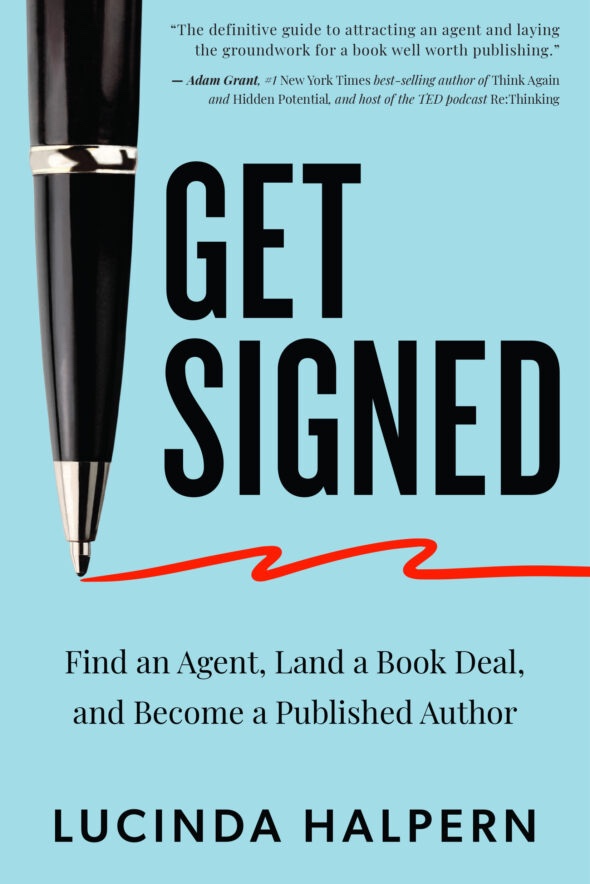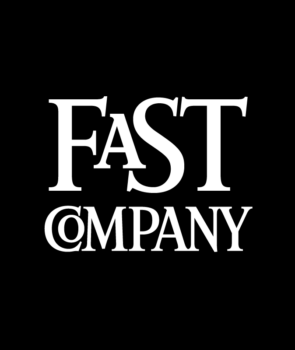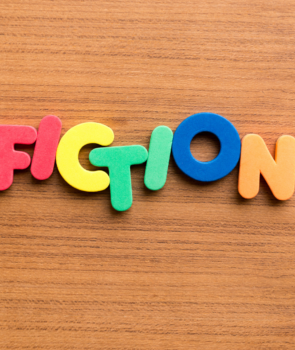Search
How to Write a Nonfiction Book Proposal: The Ultimate Guide
If you’re writing nonfiction, you’ve probably wondered about book proposals—what they are, whether you need one, and how to write one effectively. This blog post is your ultimate guide to understanding and writing book proposals, including why they matter, what to include, and how to stand out in the eyes of agents and publishers.
What is a nonfiction book proposal
There’s a question that comes up regularly when I connect with writers, and it may be on your mind as well.
In my Book Proposal Boot Camp, I define a book proposal as a roadmap for the book that will ultimately ensue. It is only needed for nonfiction writers (and memoirists only need it on a case-by-case basis).
But a nonfiction book proposal is more than an editorial outline of your book; it’s a marketing document. It highlights all of those aspects of your bio and your marketing plan that would give agents and publishers a reason to take a chance on you.
Who Needs a Book Proposal—and Why
While this document is especially crucial for first-time writers to put together, established authors will also create book proposals to pitch their next title. They can struggle with marketing as much as you do—you’re not alone!—which is why a proposal can assist an author in presenting themselves as the best person to pen a particular work.
A proposal can also help you write your book in full, since the structuring is already taken care of. Consider it an outline that takes the guesswork out of writing and pitching your project.
But where to begin? A nonfiction book proposal will typically span 30-60 pages, although there’s no specific, “right” number. It’s far more about providing a convincing argument for the 5Ws, which you learn more about in GET SIGNED: Find An Agent, Land A Book Deal, and Become A Published Author.
Understanding the 5 Ws in a Book Proposal
These 5 Ws include:
- Who (protagonist)
- What (what happens in your book?)
- Where (setting)
- When (time period)
- and perhaps most important, Why (What’s your book’s purpose? Why is it needed now?). As long as you’ve given the reader a solid foundation of your book’s premise—and what makes it interesting or topical—you’re in good shape!
What to Include in a Nonfiction Book Proposal
- An Overview or Introduction to Your Book
- A Bio
- A Proposed Table of Contents
- Chapter Summaries
- Comparative Titles (“Comps”)
- A Marketing Summary
- Sample Chapter(s)
A compelling proposal will need to demonstrate three things to be a success: clear writing, a big idea, and some sort of audience on which to depend. It should contain your greatest hits! And it should be as engrossing for agents and editors to read as a novel you can’t wait to finish. (I’ve read and represented plenty of self-help titles with that quality. Strive for it.)
Most first-time nonfiction authors come to us with a manuscript already written—which is an incredible feat. But all too often, they’ll hear from an agent that they now need to work backwards to create a book proposal, because that is actually the material that an agent will consider. I’m sharing this with you to save you loads of time and effort, and I encourage you share this advice with other writers you know. You will end up very disappointed if you query agents or publishers with just a full manuscript, without first enticing them with your book proposal.
I know this might seem counterintuitive. Why wouldn’t an agency or publisher want to see a manuscript that’s already complete? I understand the question. But part of understanding and writing book proposals is recognizing that they allow agents and editors to form their own vision for what the book could be—not just what it is. An agent or publisher will bring their own ideas to the table—and in my experience, authors find the process both painstaking and revelatory.
Take your best shot writing a book proposal—knowing that the format or positioning may change as the idea grows clearer. It’s your agent’s job to guide you toward what’s most commercial, because that’s what will get you a book deal!
For real-life case studies from first-time authors and insider tips from top editors at Penguin Random House and Hay House, this unique course will divulge how to use Amazon to your advantage, what agents consider a major red flag, what each section of a book proposal must contain, and more!
This course will address a ton of frequently asked questions that you’ve likely had about book proposals, such as…
- In what scenario would I not need a book proposal?
- What if my platform isn’t impressive? How do I address my smaller following in this document, while keeping my work compelling enough?
- Which sample chapter should I choose to include?
- What can a ghostwriter, outside editor, or book “collaborator” bring to the table?
Your Book Proposal Is the Bridge to Getting Published
Whether you’re just starting your nonfiction project or you’ve already written the manuscript, understanding and writing book proposals is an essential step in the publishing journey. It’s not just about outlining your book—it’s about positioning yourself as the best possible author for the idea you’re bringing to life.
A strong proposal gives agents and publishers a reason to believe in your work. It showcases your voice, vision, platform, and the potential of your book in the market. Done well, it becomes a tool that can open doors to book deals, visibility, and long-term author success.
If you’re ready to take the next step with confidence, I invite you to explore my FREE Masterclass all about book proposals, where you’ll gain expert insights, proven templates, and real-time feedback to help your proposal stand out.
📚 You don’t need to write alone. Let your proposal be the beginning of a bigger publishing vision.








